
Towards a Fair Green Transition - Harnessing Research & Innovation for social impact
Annual conference by V4 R&I Liaison Offices in Brussels
As Europe advances towards a climate-neutral future, ensuring that the green transition is socially just, inclusive, and resilient has never been more important. The conference will bring together policymakers, researchers, and societal stakeholders to explore how Research & Innovation (R&I)—with a strong focus on Social Sciences and Humanities (SSH)—can address today’s complex challenges, from climate change and digitalization to social inequality and economic uncertainty.
Organised in synergy with the candidate European Partnership for Social Transformations and Resilience (STR) under Horizon Europe, the conference will highlight how R&I can:
- Support fair and inclusive green transition policies
- Enhance Europe’s societal resilience and competitiveness
- Promote social cohesion, reduce inequalities, and foster sustainable growth
Through expert panels, scientific debates, and participatory dialogues, this event will contribute to shaping strategies that ensure the green transition delivers tangible benefits for all Europeans, especially across the CEE region.
The event is jointly organized by V4 R&I liaison offices based in Brussels: Czech Liaison Office for Education and Research (CZELO), Slovak Liaison Office for Research and Development (SLORD), National Research, Development and Innovation Office of Hungary (NRDIO), Polish Science Contact Agency of the Polish Academy of Sciences (PolSCA) and in partnership with National Science Centre (NCN) of Poland, the coordinator of the Social Transformations and Resilience Partnership.
The event is organised under the patronage of the Minister for European Union Affairs during the Polish Presidency of the Council of the European Union in 2025.
Registration for the event
This event has ended
Sorry, but the deadline to register for this event has passed.
Event agenda
This opening panel will explore the critical importance of embedding Social Sciences and Humanities (SSH) in research and innovation (R&I) to effectively tackle Europe’s grand societal challenges. Using the green transition as a lens, the discussion will highlight how SSH insights into social justice, behavioural change, and inclusive governance are essential for shaping climate policies that are not only effective but also fair and equitable.
Speakers from EU science policy community will reflect on how current R&I frameworks can better integrate social dimensions, improve societal resilience, and ensure that transitions do not exacerbate inequalities. The session will also provide a forward-looking perspective on the forthcoming European Partnership for Social Transformations and Resilience (STR) under Horizon Europe—a strategic initiative that aims to mobilise SSH-driven research to enhance Europe’s societal preparedness and cohesion.
By setting the intellectual tone for the day, this panel will underscore the value of SSH in designing just, inclusive, and impactful green transition pathways—laying the foundation for cross-sectoral dialogue throughout the conference.
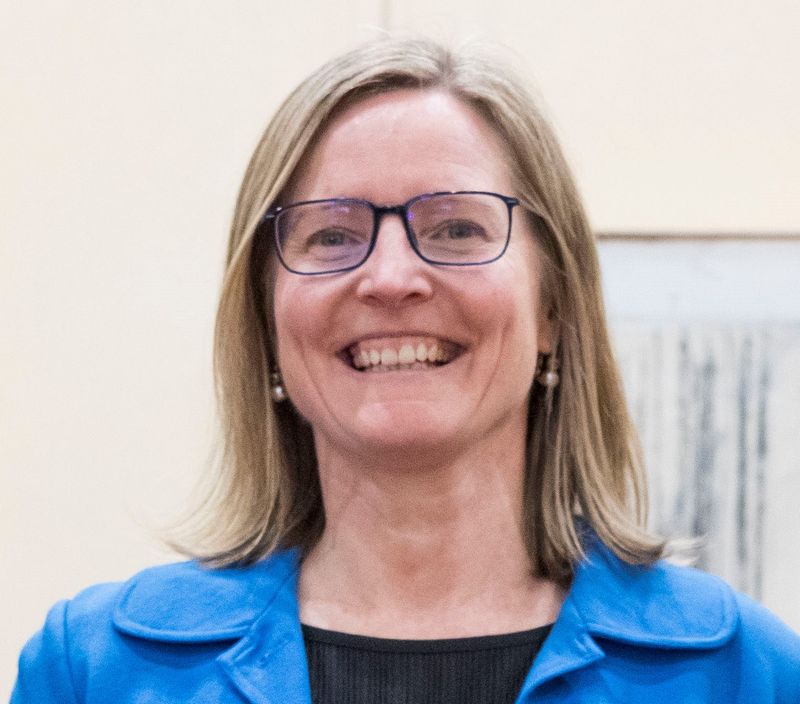
Astrid Ladefoged
European Commission, DG Research & Innovation, Head of Green Transitions Unit
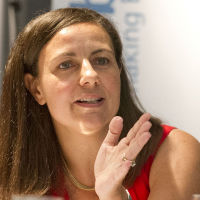
Gabi Lombardo
European Alliance for SSH - EASSH
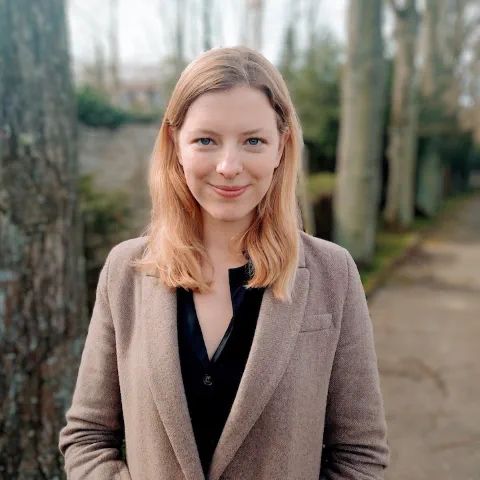
Jeanne Lenders
Research Unit, DG EMPL
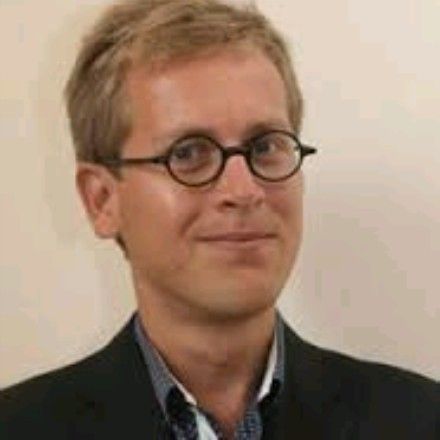
Clément Evroux
EPRS Economic Policies Unit
The second session will place research and innovation at the forefront of addressing today’s evolving societal landscape. As Europe navigates the path toward climate neutrality, it becomes clear that the transition requires more than technological advances in renewable energy or digital infrastructure—it demands a fair and inclusive approach that mitigates inequalities, enhances resilience, and fosters social cohesion.
Featuring leading researchers from across Europe, this session will explore the multifaceted nature of the green transition, examining how it intersects with deep structural social changes. Key issues such as social equity, labour market transformations, regional disparities, and citizen engagement will be unpacked, offering critical perspectives on both the challenges and opportunities of this transformation. The session will highlight pathways to ensure that the green transition delivers not only environmental sustainability, but also social justice, democratic stability, and long-term societal resilience.
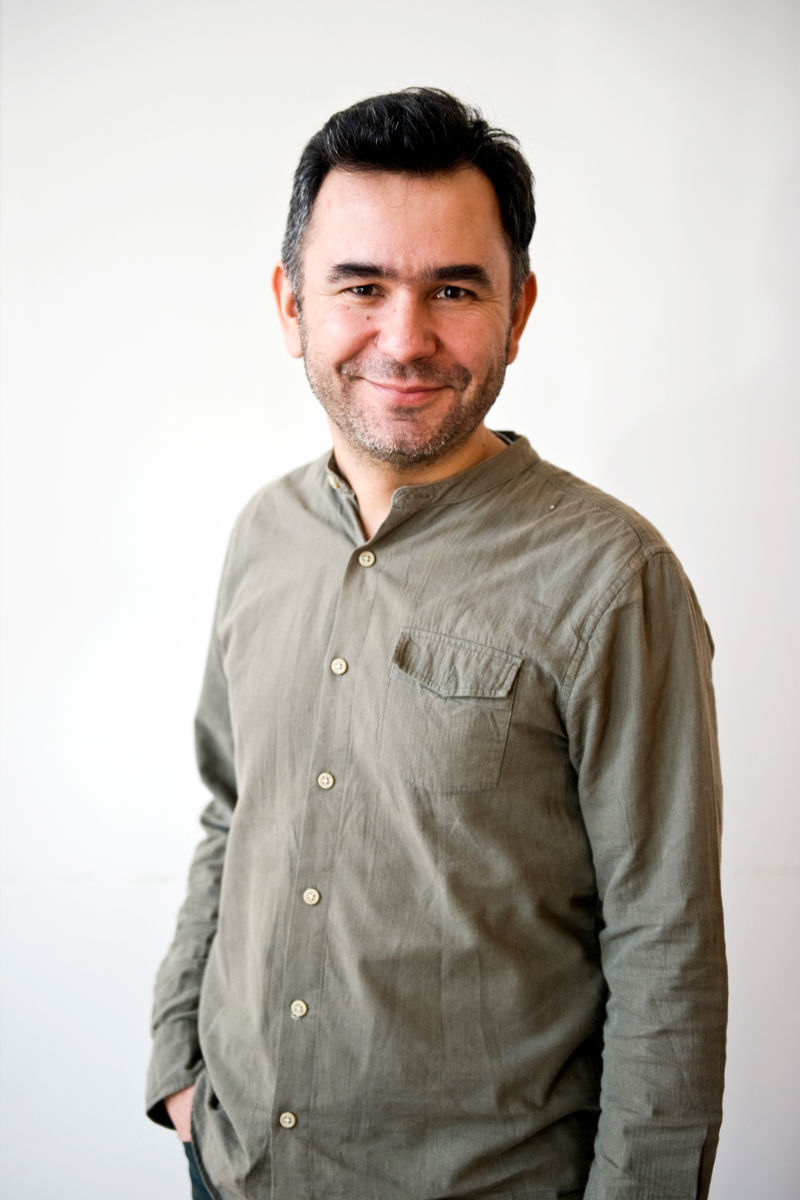
Michał Kotnarowski
Institute of Philosophy and Sociology of the Polish Academy of Sciences in Warsaw, Poland
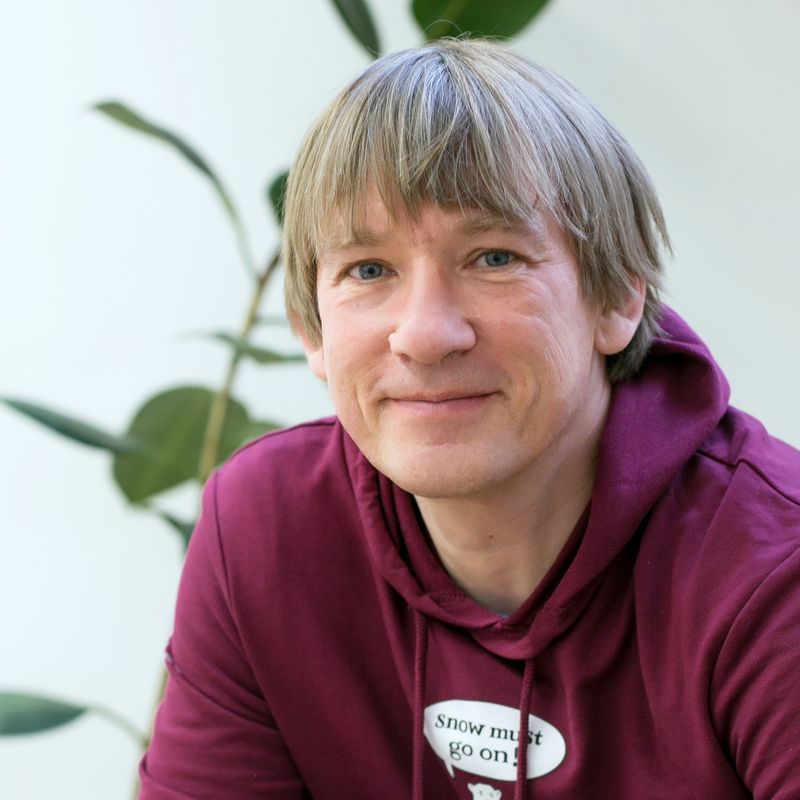
Bohuslav Binka
Masaryk University Brno, Czech Republic
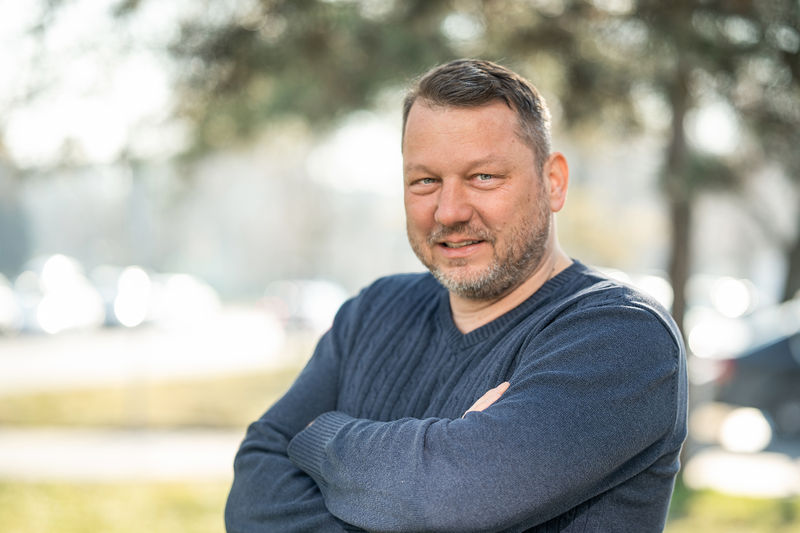
Juraj Buzalka
Comenius University in Bratislava, Slovakia

Barbara Hegyi
Eötvös Loránd University in Budapest, Hungary
The third session of the conference will explore how national and regional policies can be effectively aligned with European strategies to support a fair, inclusive, and sustainable green transition. By showcasing successful policy-shaping experiences, the session will highlight the critical components of not only designing but also implementing effective policy frameworks. A particular emphasis will be placed on the role of European Partnerships—strategic Horizon Europe initiatives that bring together the European Commission, national governments, public institutions, NGOs, and the private sector to address major challenges such as climate change, biodiversity loss, and digital transformation. These partnerships are key to advancing the European Research Area (ERA) and translating EU political priorities into action on the ground.
The panel will serve as a forum for sharing best practices and lessons learned on how to effectively translate EU-level objectives into national and regional action plans. It will examine how European Partnerships can act as strategic tools and incentives to align national priorities with EU agendas through joint programming and coordinated investment. Special focus will be given to good practices in organising national coordination mechanisms, particularly from Central and Eastern European (CEE) countries, that facilitate and streamline these processes. By identifying successful models and common challenges, the session aims to support more coherent, inclusive, and impactful engagement of the region in ERA policies.
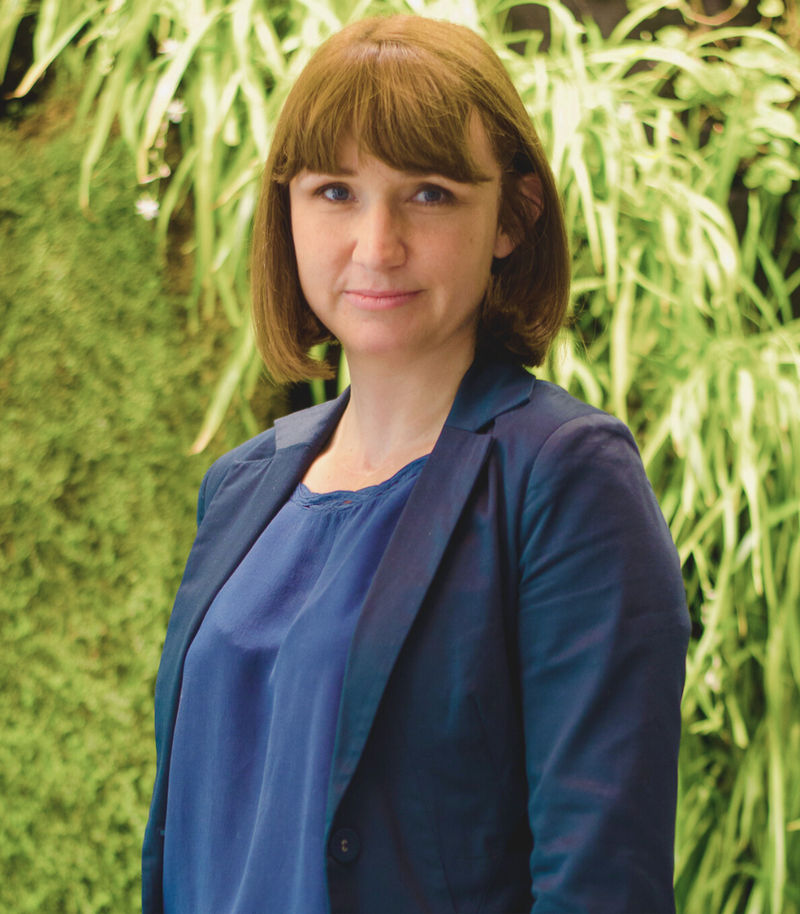
Barbara Świątkowska
National Science Centre, Poland

Táňa Hálová Perglová
Technology Agency of the Czech Republic
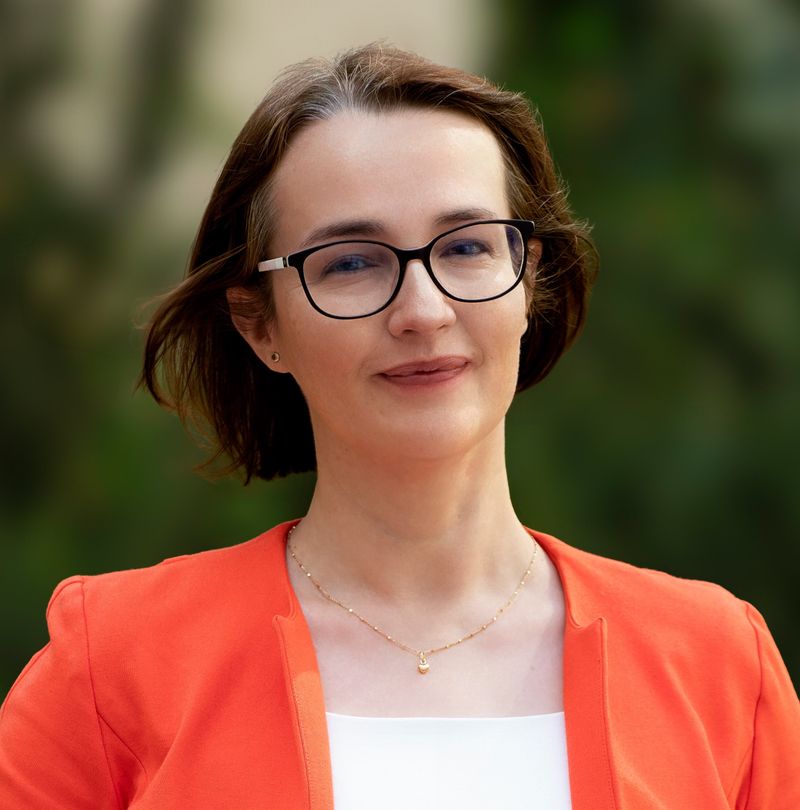
Borbála Schenk
Head of Department for International Cooperation at the National Research Development and Innovation Office in Hungary
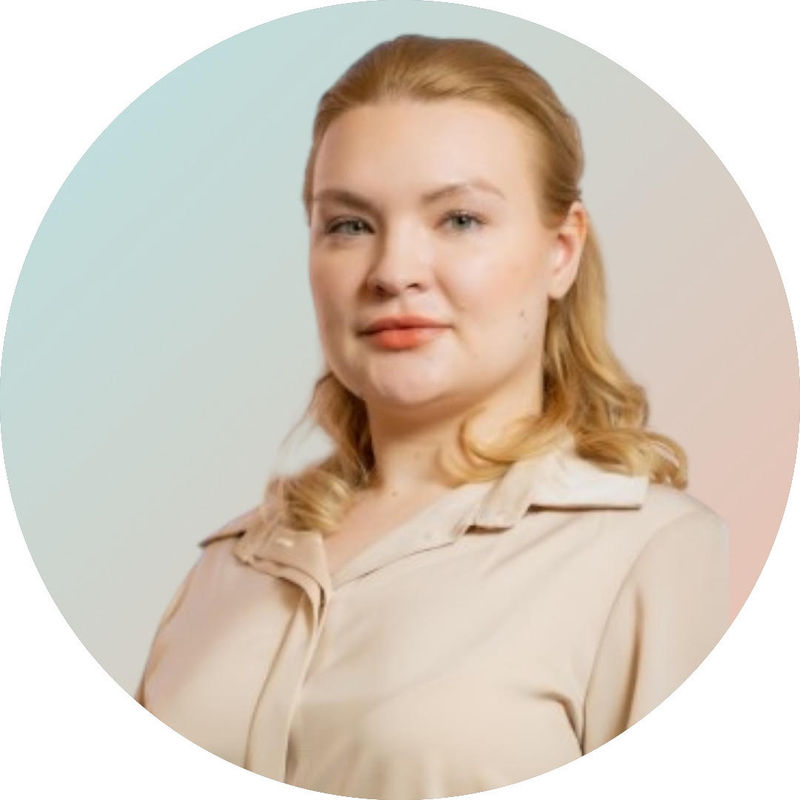
Julia Rosend
Ministry of Education and Research, Estonia
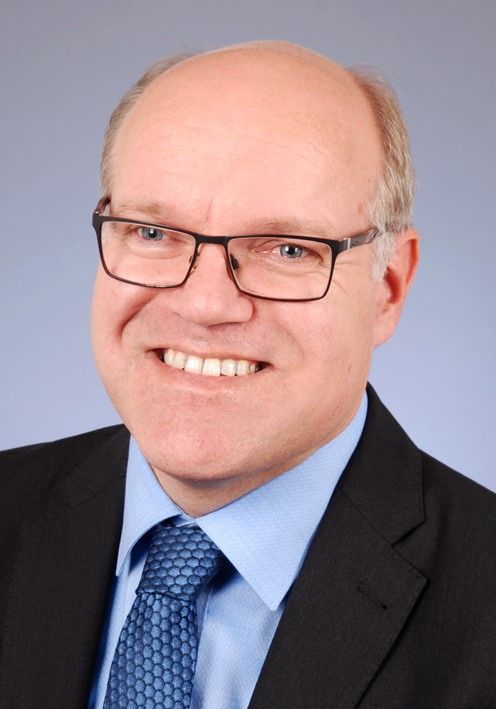
Jürgen Kroseberg
Federal Ministry of Research, Technology and Space (BMFTR), Germany
Session hosted by Joint Research Centre
The final session of the “Towards a Fair Green Transition: Harnessing Research & Innovation for Social Impact” conference will take the form of a participatory dialogue, moderated by an expert from the European Commission’s Joint Research Centre (JRC) well-versed in connecting the worlds of research and policymaking. This closing session is designed to facilitate active exchange between participants, drawing on their insights and experiences to explore actionable pathways toward societal transformation & resilience in the process of a just green transition.
The session will begin with a JRC-led presentation on key elements of science for policy, highlighting how evidence-based research can more effectively inform and shape social and economic policy frameworks at all levels. Building on this foundation, moderators will open the floor to participants, encouraging discussion on practical experiences related to green transition policies, and efforts to align regional and national strategies with broader European priorities. The session aims to conclude the conference on a collaborative note, capturing reflections and ideas that can help guide future initiatives at the intersection of research, innovation, and policy.
Moderators
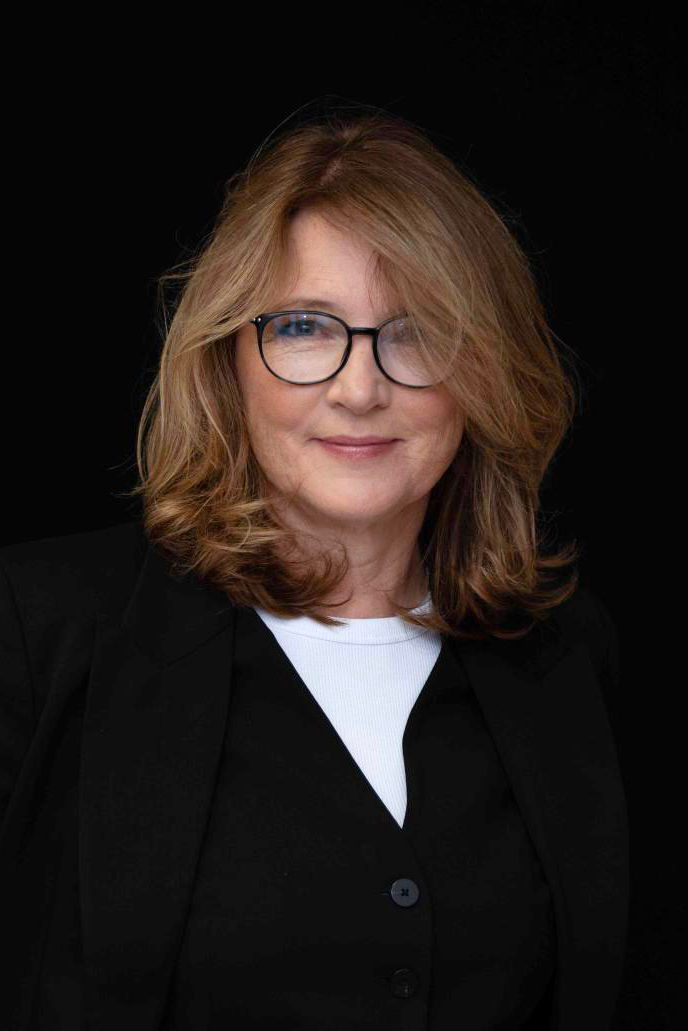
Maria Andrzejewska
Session I & II | United Nations Environment Programme (UNEP) GRID, Poland
UNEP and EU expert on environmental analysis, co-author of the GEO-6 report, member of the Leadership for Sustainable Future Committee, initiator of the SDG Partnership ‘Together for the Environment’, and Vice-President of the National Foundation for Environmental Protection.
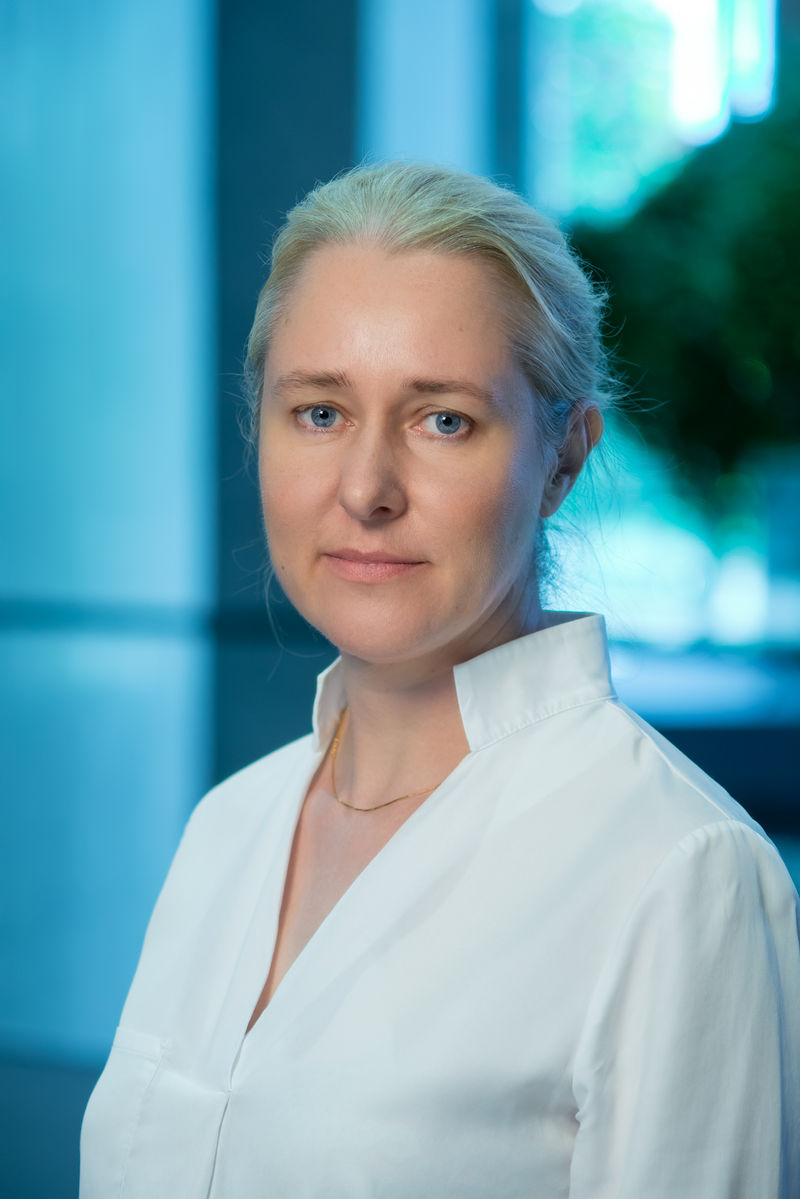
Maria Śmietanka
Session III | National Centre for Research and Development – National Contact Point
Coordinates Poland’s participation in EU R&I programmes. Facilitates international collaboration and supports national research institutions through policy guidance, contributing to scientific excellence and technological development.
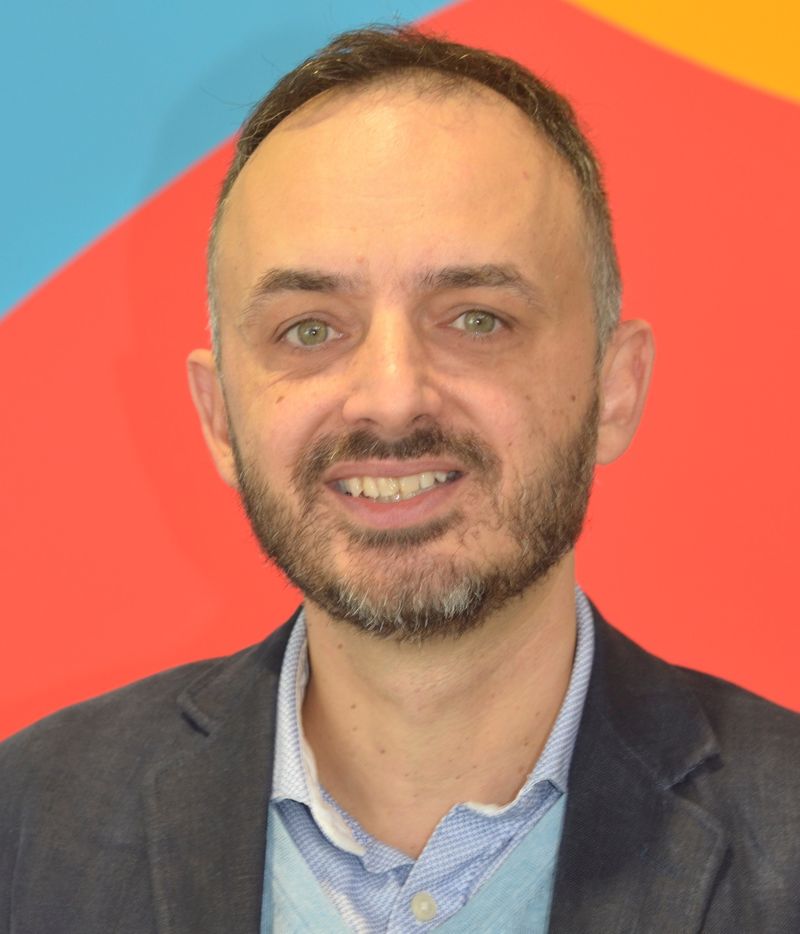
Ventseslav Kozarev
Session IV | Competence Centre on Participatory and Deliberative Democracy, JRC, Italy
Policy Analyst at the EC's Joint Research Centre working on guidance for the systematic evaluation of participatory processes. He leads JRC’s contributions to assessing citizen engagement provisions in Cities Mission Climate Neutrality Action Plans.
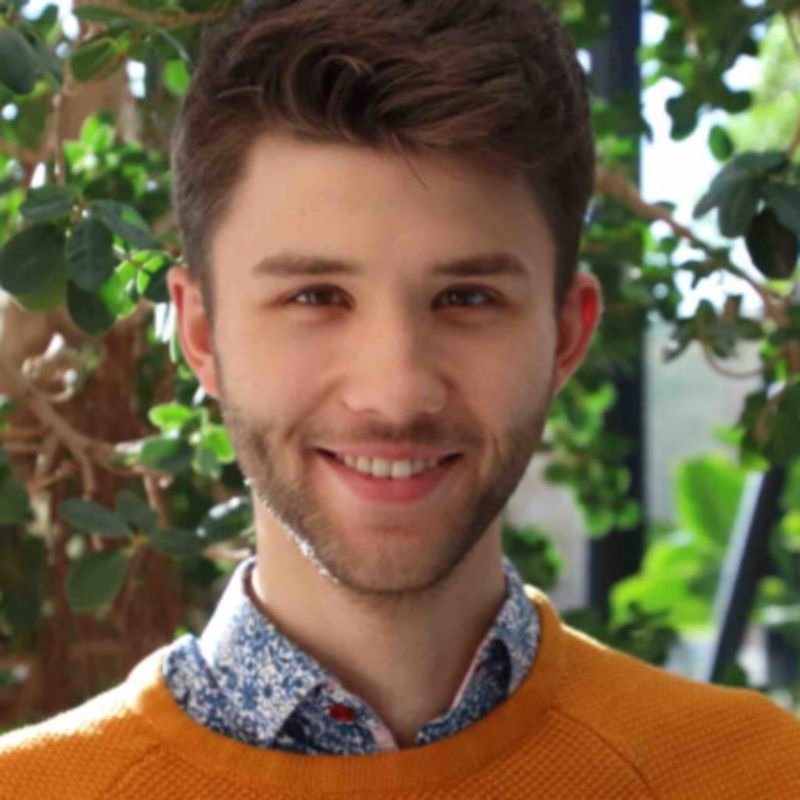
Elias Kock
Science for Democracy and Evidence-informed Policymaking unit at the JRC
Former researcher and scientist, and an absolute defender of evidence based policy making
Speakers
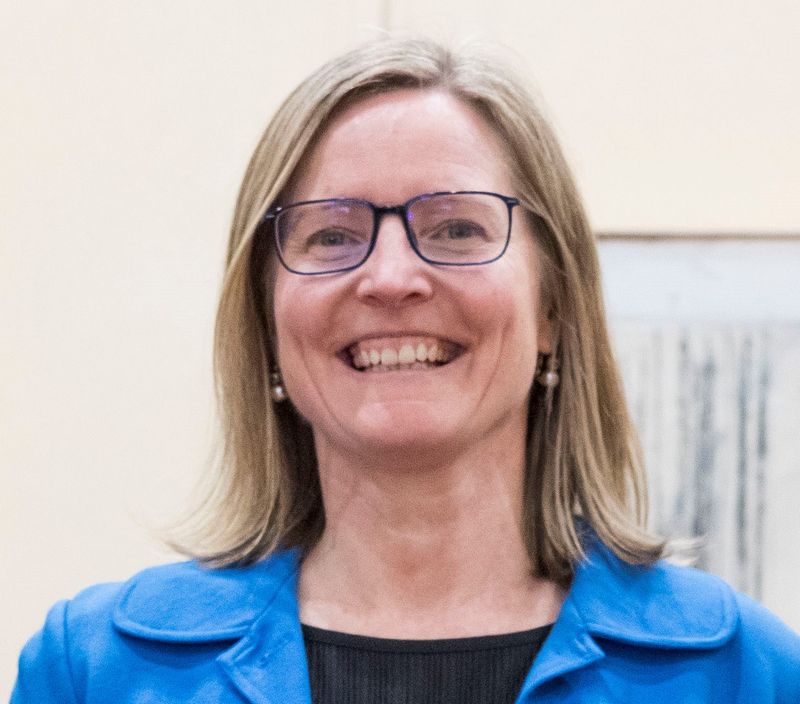
Astrid Ladefoged
European Commission, DG RTD, Head of Green Transitions Unit
With 25 years in EU policy, she brings expertise in environmental economics and agricultural science. Has worked at national ministries, European think tanks, and in various EC departments and a cabinet, focusing on green transitions and strategic innovation policies.
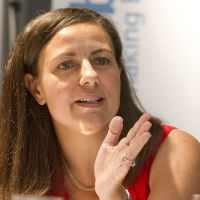
Gabi Lombardo
European Alliance for SSH - EASSH
Science policy leader advocating for evidence-based policymaking and researcher inclusion in funding. Has served at LSE, ERC, Science Europe; evaluator for EU, World Bank, and COST; expert in strategic foresight and SSH advocacy across Europe.
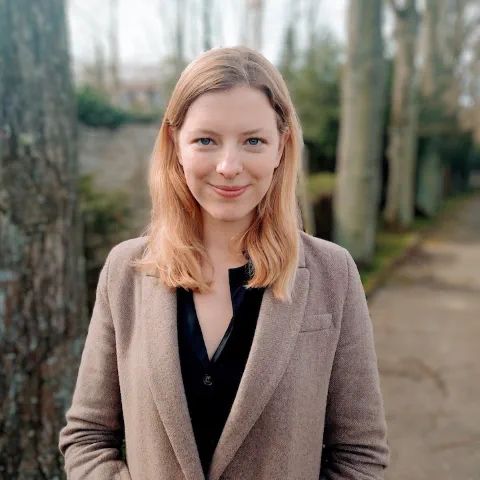
Jeanne Lenders
Fair Green and Digital Transitions, Research Unit, DG EMPL
Policy Officer at the Fair Green and Digital Transitions, Research Unit at the DG Employment, Social Affairs and Inclusion (DG EMPL) at the European Commission, responsible for co-leading DG EMPL’s work on HE Cluster 2 including the new co-funded STR Partnership
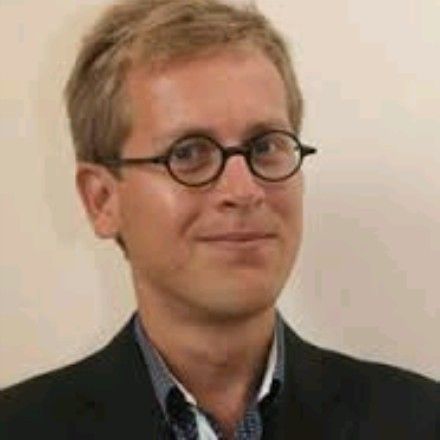
Clément Evroux
EPRS Economic Policies Unit
Policy analyst at the European Parliamentary Research Service, where he follows mainly EU scientific, innovation and space policies. Previously, he worked at the Commission (DG RTD), as seconded national expert, and at the French ministry of research, as legal and policy advisor.
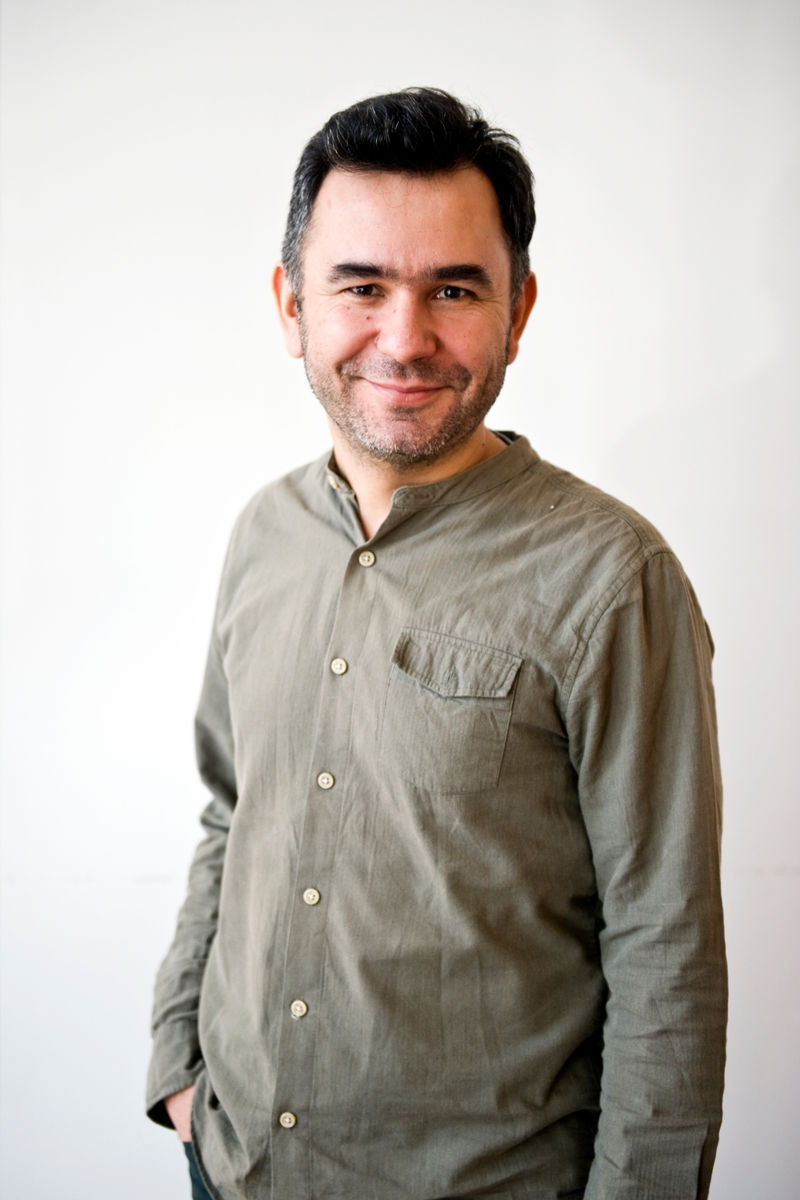
Michał Kotnarowski
Institute of Philosophy and Sociology of the Polish Academy of Sciences in Warsaw, Poland
Sociologist and political scientist. Studies electoral behaviour, political culture, and social research methodology. Coordinates the European Social Survey in Poland and contributes to HE projects Infra4NextGen and SoGreen on research infrastructures.
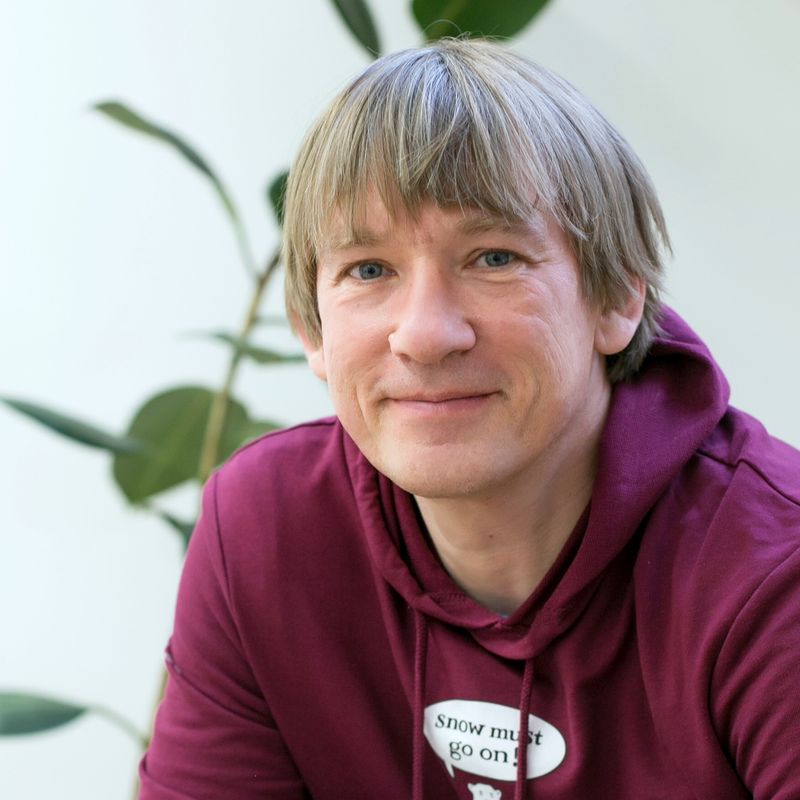
Bohuslav Binka
Masaryk University in Brno, Czech Republic
Environmental ethicist and gestalt therapist researching sustainability education, climate ethics, and ecological psychology. Leads the HARP project on emotional responses to climate change and student empowerment through education
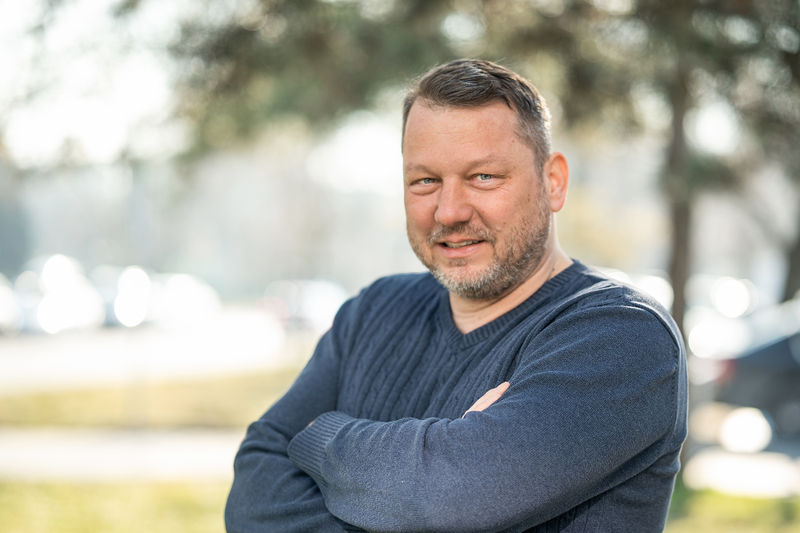
Juraj Buzalka
Comenius University in Bratislava, Slovakia
Anthropologist researching social movements, memory politics, religion, and wine culture. Participates in the Horizon Europe project SERIGO, promoting social economy, inclusion, and resilience in rural European communities.

Barbara Hegyi
Eötvös Loránd University in Budapest, Hungary
Coordinates the Innovation and Entrepreneurship minor at the EIT Digital Master School at ELTE, designing courses on the social and environmental responsibility. Inciter of interdisciplinary and inter-university activities, including the creation of REDINEST impact labs initiative.
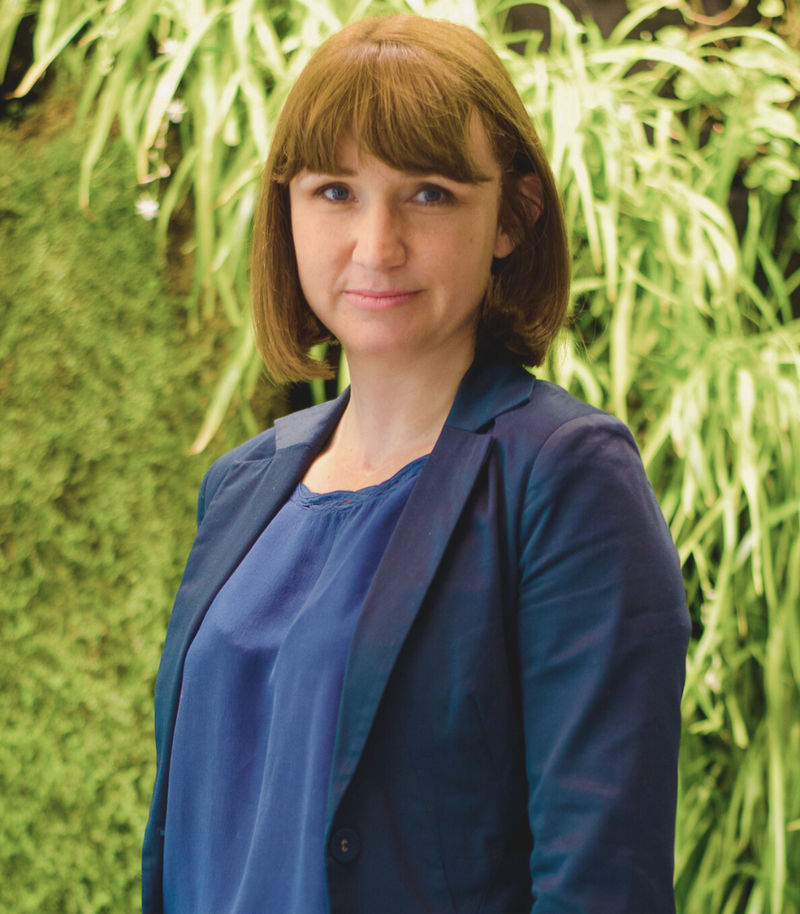
Barbara Świątkowska
National Science Centre, Poland
Coordinates the Social Transformations Partnership and has led the Polish Basic Research Programme. Her work spans research policies, interdisciplinary initiatives, and evidence-based decision-making, with a focus on EEA and Norway Grants cooperation.

Táňa Hálová Perglová
Technology Agency of the Czech Republic
Section Director at Technology Agency of the Czech Republic, delegate to the EIC/EIE programme committee of HE, the high-level representative of the Czech Republic to EUREKA and co-chair of ERA Forum sub-group on Access to Excellence - R&I and Cohesion Managing Authorities Network (RIMA).
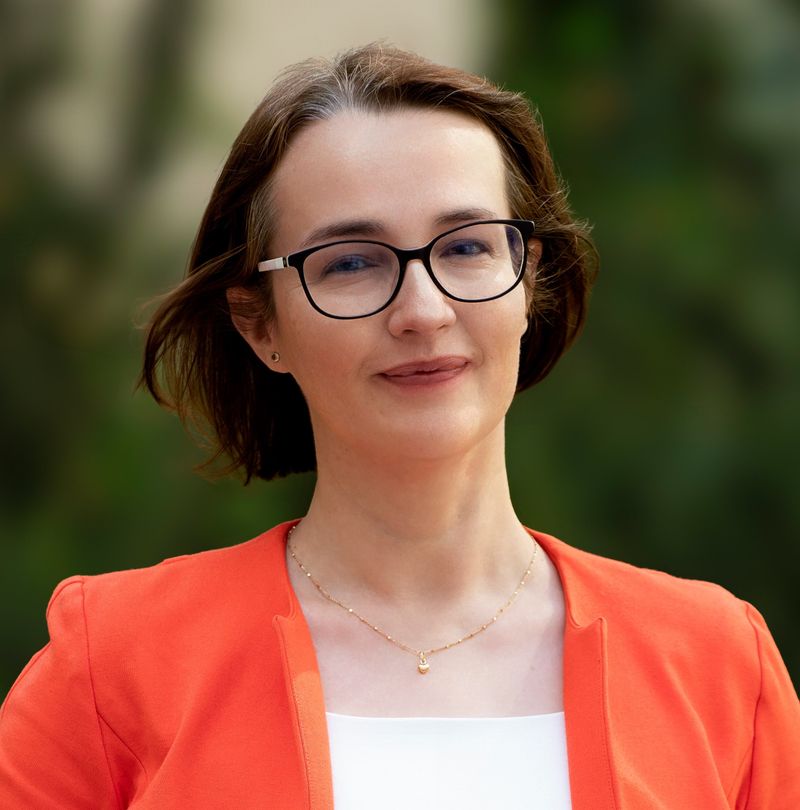
Borbála Schenk
Head of Department for International Cooperation at the National Research Development and Innovation Office in Hungary
Leads the team responsible for design and implementing Hungary’s primary research and innovation funding agency’s international portfolio, including the management of 30 European co-fund schemes; coordinates the Hungarian HE National Contact Point Network.
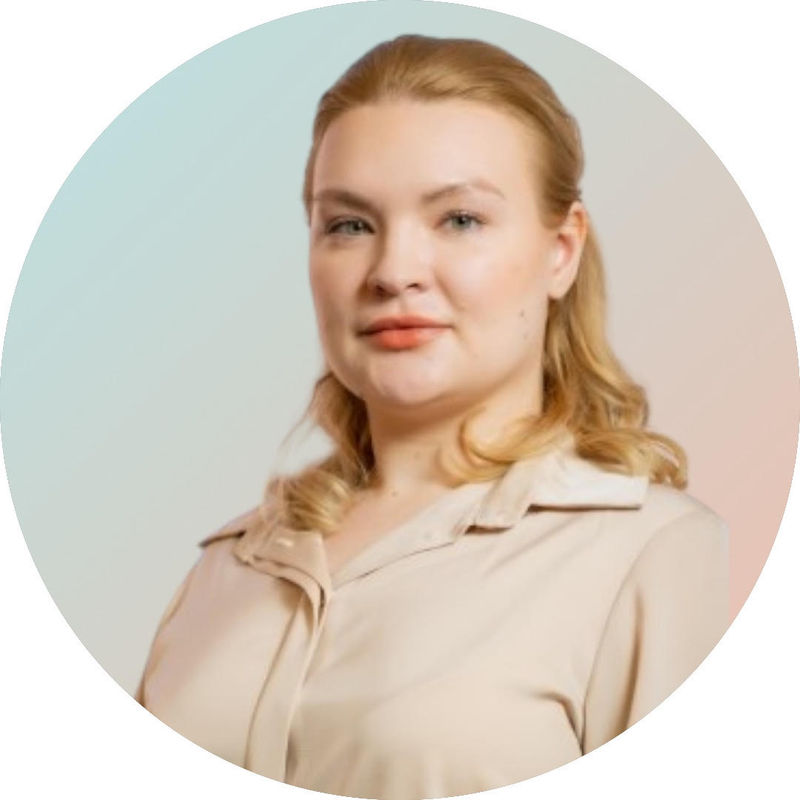
Julia Rosend
Ministry of Education and Research, Estonia
Leads Estonia’s international RDI coordination and Smart Specialisation. Works closely with EU bodies to shape ERA and FP strategies, aligning national and EU policies to maximize coherence and impact in research and innovation funding frameworks.
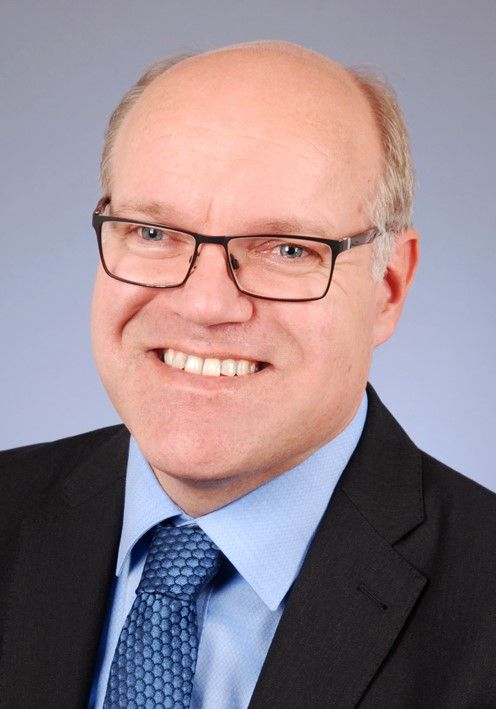
Jürgen Kroseberg
Federal Ministry of Research, Technology and Space (BMFTR), Germany
Expert in EU research and innovation policy. German delegate to the ERC and Strategic Programme Committees. Represents Germany in the Partnership Knowledge Hub and EIT Member Representatives Group, shaping EU research collaboration frameworks.
This year the conference is coordinated by PolSCA Office, please contact:
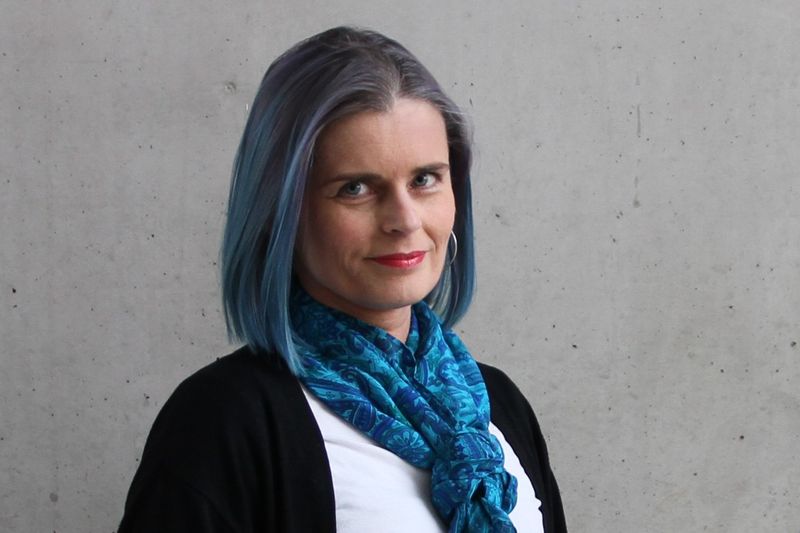
Izabela Maciejowska
Izabela.maciejowska@polsca.pan.pl

Paulina Idziak
Paulina.idziak@polsca.pan.pl